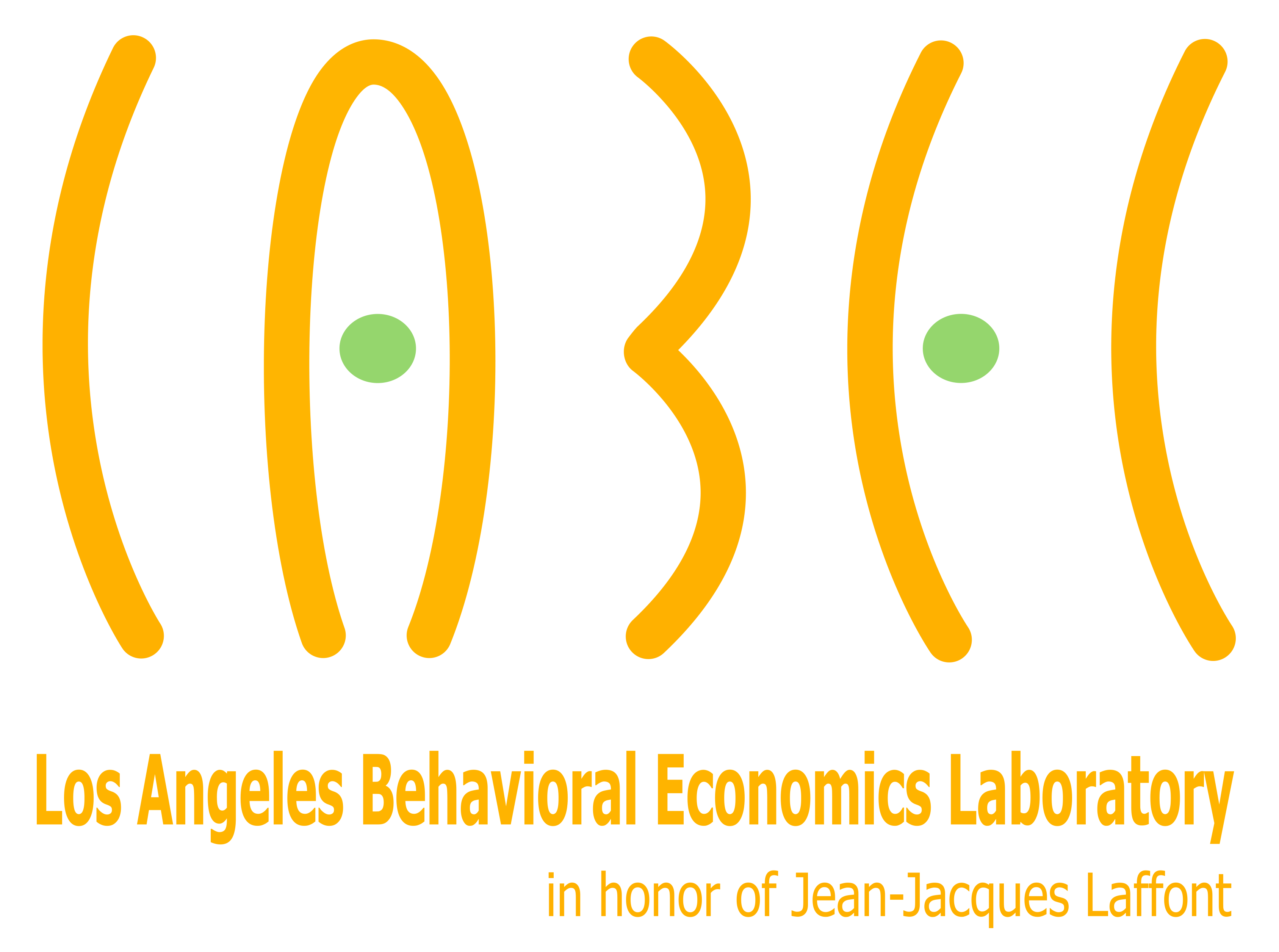What is Behavioral Economics?
We often struggle to understand why people behave the way they do. More often than not, the answer simply comes down to human nature. Over the years, classic economic theory has assumed that individuals make decisions based solely on rational thinking. This approach disregards how psychological, cognitive and emotional factors affect decision-making.
Resorting to a combination of experimental methods and interdisciplinary approaches, researchers in Behavioral Economics are starting to pin down the underlying biological mechanisms that govern cognition and emotions. They can further apply this knowledge to build credible models of decision-making. Results can provide valuable insights to design intervention in the area of financial decisions, health care, ageing, education or environment. They can also be applied to design business strategies to enhance efficiency and profitability.
Behavioral Economics at USC
The Los Angeles Behavioral Economics Laboratory (LABEL) at the University of Southern California is dedicated to the promotion of education and the dissemination of research findings in this exciting area of research. The Behavioral Economics Track of the Master Program is a LABEL initiative that falls within this broad mission.
Which classes are offered by LABEL?
- Behavioral Economics (ECON 606)
- Economics and Psychology (ECON 516)
- Experimental Economics (ECON 616)
- Two classes of Experimental methods (ECON 620 and 621)
- Directed research (ECON 590): open to students who have completed at least two of ECON 516, 606, 616, 620, 621 and want to apply that knowledge to a real research project from our lab.
Who can register?
- PhD and MA
- The classes are designed for students who wish to explore careers in Behavioral Sciences as a consultant or researcher.
Research at LABEL
Students enrolled in LABEL classes are invited to participate in research activities to acquire practical expertise in the study of decision-making. They may take part in the design of experiments and in the econometric analysis of experimental data. They may also contribute to the writing of reports on specific behavioral economics topics. These activities are usually collaborative and involve LABEL visitors, LABEL interns and USC students.
Research Assistant opportunities requiring expertise are available for students who show special interest and talent for research.
Classes
ECON 516
The study of Decision-Making in Psychology and Economics
